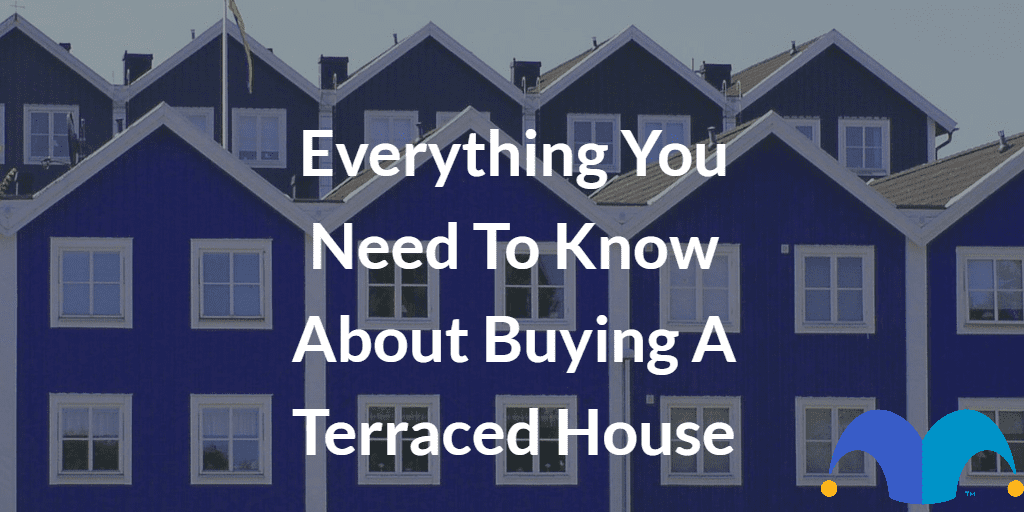If you’re looking for a new house, you’ve probably asked yourself what a terraced house is. Let’s break down what you should know about terraced housing before you buy, and what the pros and cons are.
What is a terraced house?
Terraced houses are a row of similar houses joined together. If you have neighbouring properties attached to your property on both sides, you’re in a mid-terrace house. If you’re the last property in the row, you’ve got an end-of-terrace house, since you only have one neighbour.
These properties are typically found in busy urban areas, where space is at a premium and property needs to be affordable. Terraced houses are smaller and narrower than semi-detached or detached houses. On average, a terraced house costs £202,540.
What are the upsides of buying a terraced house?
So, that’s what a terraced house is, but what are the advantages of buying one? Let’s break them down.
Energy-efficient
Mid-terrace houses share walls with two neighbours, so you’re sharing some of the heat thanks to the adjoining walls. The shared walls can mean there’s less need for insulation, which improves the property’s energy efficiency.
End-of-terrace houses don’t have quite the same benefits, though, because there’s only one adjoining neighbour.
Cheaper to buy
While prices vary by area, terraced houses are usually cheaper to buy than semi-detached or detached houses. If you’re worried about house prices and you’re looking for a first home, a terraced house could be an affordable starting point.
There’s no guarantee they’ll work out cheaper in your area, though, so always shop around and ask an estate agent for more advice.
Inside space
While there’s often limited garden space, these houses can be pretty spacious inside. The space they offer can make them attractive, particularly to young buyers who may want to start a family.
If you buy a mid-terrace, though, you may not have as much space as an end-of-terrace, and your options for extending the property will be more limited.
Are there downsides to buying a terraced house?
Sure, these houses come with a few advantages, but they have downsides, too.
Less privacy
Noise is a common complaint because these properties weren’t designed with soundproofing in mind. There’s not much room between you and your neighbours either, so your house might not feel private.
Since end-of-terrace houses only have one neighbour, there’s a bit more privacy, but you might find them more expensive to buy as a result.
Lack of parking
Even if you have a residents’ parking scheme, you could still struggle to park your car outside your house. Remember, you won’t have a driveway, and if it’s a busy street, parking spots will be limited. So, if you live in an urban area close to popular shops and cafes or transport links like train stations, parking could be a concern for you.
If parking matters to you, confirm how the parking works before you buy – and check to see if you need to pay for a parking permit.
Hard to renovate
To be clear, you can renovate this type of property. It’s just sometimes more difficult since you need to consider how the disruption will affect your neighbours.
What’s more, if you want to alter a wall you share with a neighbour, you need to comply with the Party Wall Act. Essentially, you need to check that the work won’t affect your neighbour’s side of the wall in a structural way.
If you’re planning building work, especially extensions of any kind, consult a builder for more advice about party walls.
Takeaway
For many, a terraced house is an affordable alternative to a detached or semi-detached property. That said, living in one can be noisy, and privacy could be a concern for some. Also, this kind of house may not be easy to extend or renovate since you need to consider the neighbours on either side.
The bottom line? Before you decide to buy this type of property, just weigh up all the pros and cons and make sure it’s the right choice for you.
